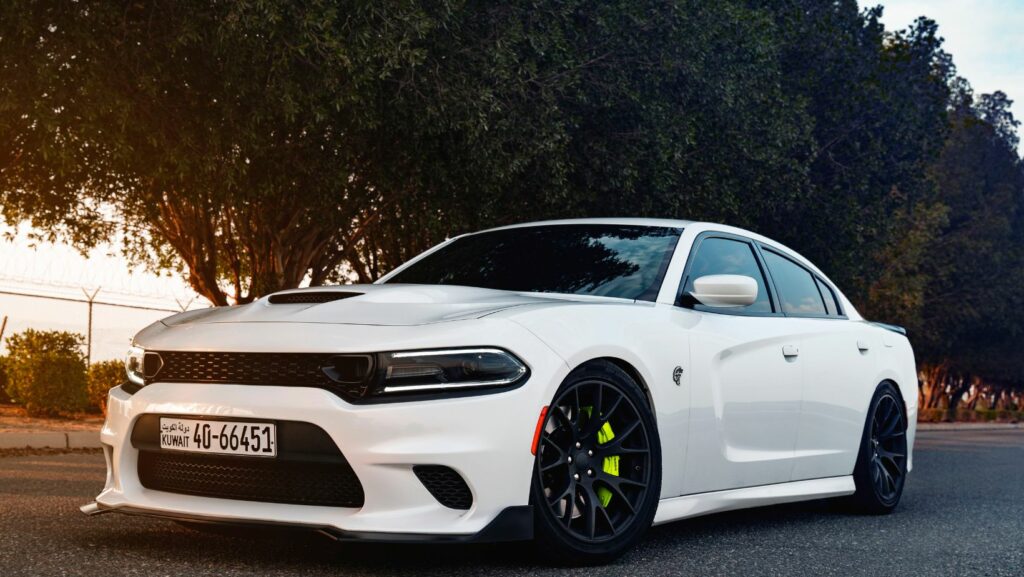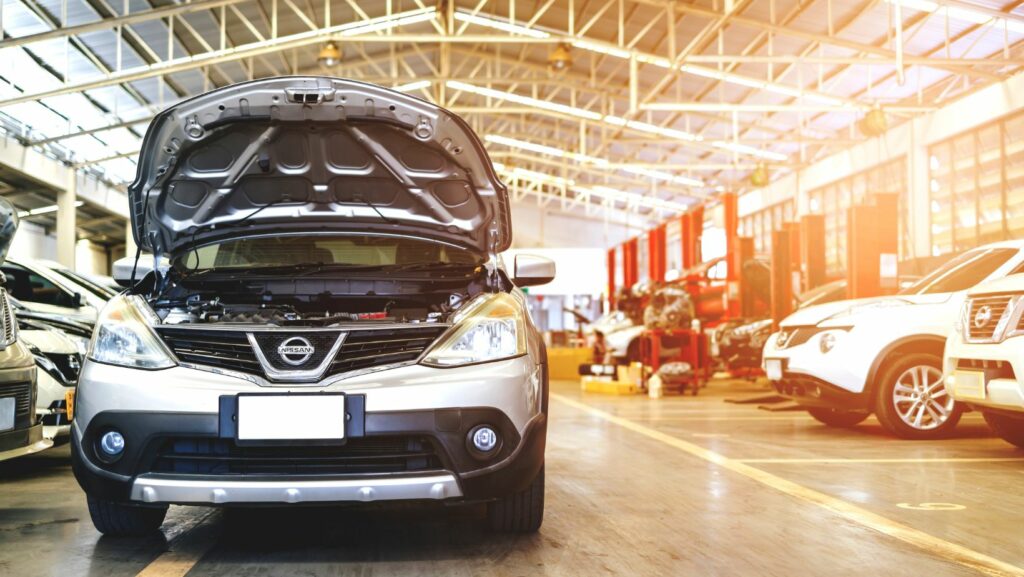Cars have come a long way from being mere modes of transport. Today, they’re more than just machines on four wheels – they’re high-tech marvels, brimming with cutting-edge technology. From autonomous driving capabilities to advanced infotainment systems, the modern vehicle is a fusion of innovation and engineering.
High Tech Cars

High tech cars represent an intersection of innovation and engineering. Tracing back to their early stages, one can clearly see how they have transformed over the years, becoming smarter, safer, and more efficient.
In the beginning, cars were simply mechanical devices, focusing on basic locomotion. For instance, in 1886, the first patent motor car by Karl Benz, offered just that – simple mobility. Progressing through the 20th century, inventors infused advancements, enhancing performance, efficiency, and aesthetics.
Automation and connectivity embody the essence of today’s high tech cars. Car manufacturers invest heavily in developing autonomous driving capabilities, making it the centerpiece of the industry’s pivot toward the future.
Connectivity, another key factor, encompasses everything from GPS tracking to remote diagnostics, to in-car Wi-Fi hotspots. Consider, for instance, the DriveSync connected car platform from IMS, giving drivers access to a suite of connected car services, including engine diagnostics, driving behavior feedback, roadside assistance, geofencing alerts, and more.
Key Features of High Tech Cars
ADAS represent significant breakthroughs in the field of high tech car development. These systems, composed of different types, enhance drivers’ comfort and safety by automating a driving-associated element. Humans might err, but ADAS can offer a smart backup by maintaining safety regulations and highlighting potential road threats.

For instance, Tesla’s Model S, an all-electric car, rules the road with its zero-emission credentials. Alternatively, the Toyota Prius Hybrid ingeniously blends electric and gasoline-powered engines for maximized fuel efficiency.
Infotainment and connectivity solutions are integral to high tech cars, exemplifying the fusion of technology and convenience. These solutions keep drivers informed, entertained, and seamlessly connected to the internet, even on the move.
Some high tech cars feature integrated Apple CarPlay and Android Auto capabilities, letting users mirror their smartphone’s interface on the car’s info-screen. Distributable Wi-Fi hotspots keep everyone inside a high tech car online, ensuring no one misses out.
Impacts of High Tech Cars on Society
High tech cars have presented definitive shifts in society’s dynamics, impacting various sectors including the environment and driver behavior and safety.
Environmental Benefits
High tech cars, particularly hybrids and electric vehicles, play a pivotal role in reducing emissions and lessening environmental damage. They depend largely on renewable energy sources, pointing towards a sustainable future. For instance, Tesla’s Model 3 consumed only 4,250 kilowatt-hours of electricity during 15,000 miles of use in contrast to a petrol car, which would burn approximately 600 gallons of gasoline over the same distance.
Changes in Driving Behavior and Safety

Driver behavior and safety are profoundly influenced by the advent of high tech cars. Features such as Advanced Driver-Assistance Systems (ADAS) and autonomous drive modes reduce human error, a prime cause of road accident fatalities. ADAS, for example in Nissan’s ProPILOT Assist, utilizes forward-facing radar and cameras to gauge conditions and aid with steering, accelerating, and braking.
Major Players in the High Tech Car Industry
In the bustling landscape of the high tech car industry, plenty of traditional manufacturers and fiery startups contribute to the advancements, each with its visionary solutions. This diversity fuels a dynamic industry evolution.
Innovations from Leading Car Manufacturers
Traditional car manufacturers, including names like Toyota, Tesla, Volkswagen, and BMW, represent a significant portion of the industry. Toyota, for instance, pioneers in the hybrid engine technology with its Prius line, while Tesla’s advancements in electric cars and self-driving technology remain undeniable. Volkswagen, with its massive electromobility plan, aims to be the largest supplier of electric vehicles by the end of 2025. BMW, another noteworthy player, impresses with its Integrated ConnectedDrive technology that includes features such as intelligent voice command and accident preparation system.
It’s worth mentioning that future high tech cars aren’t just about technological advancements. They’re also about providing unparalleled safety, comfort, and convenience, transforming the way we perceive and use automobility.



